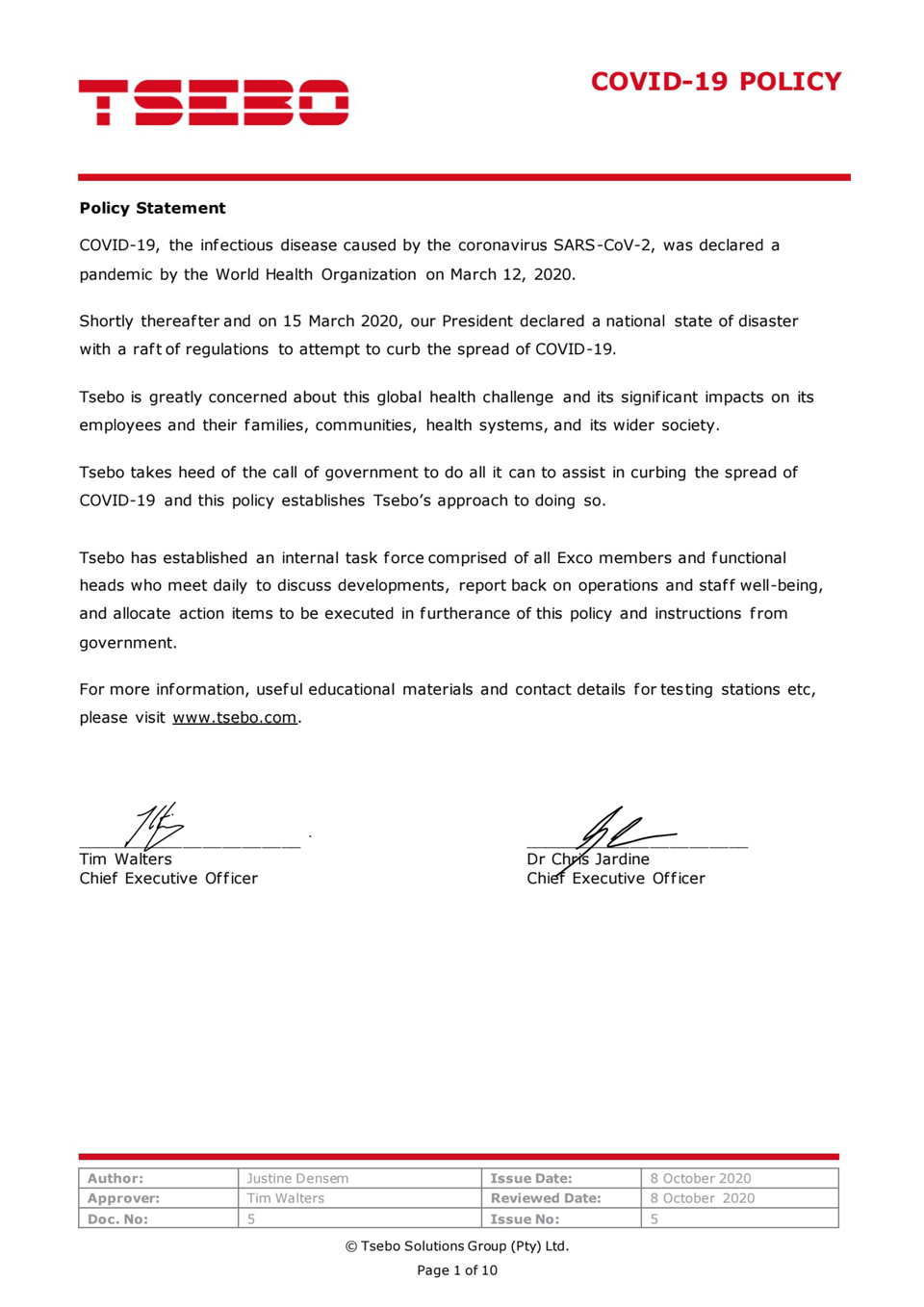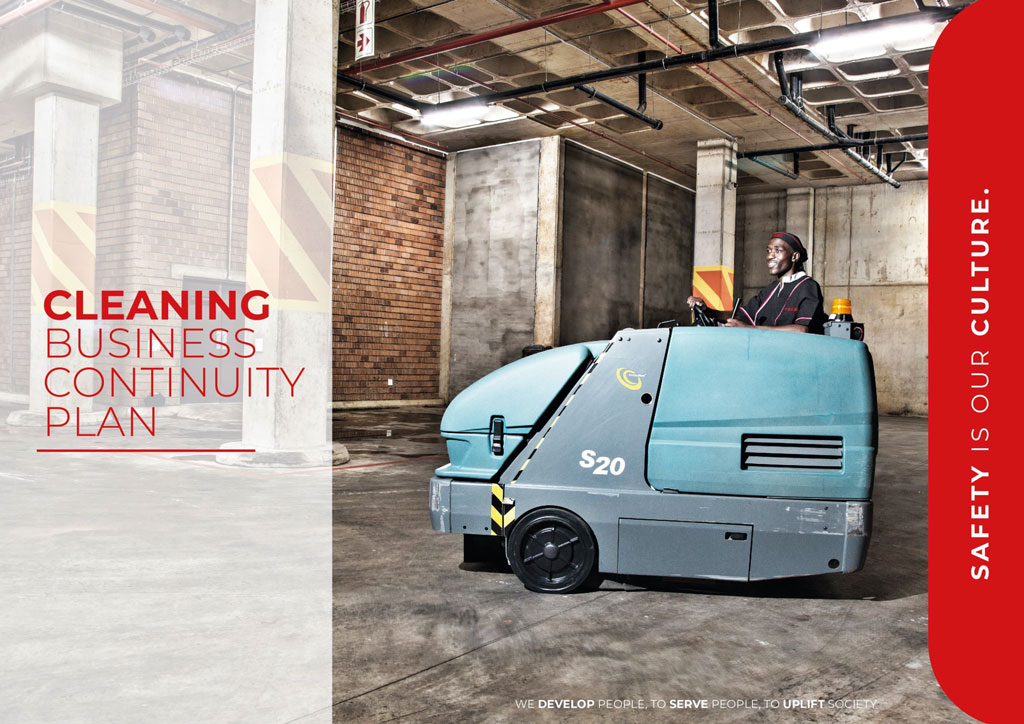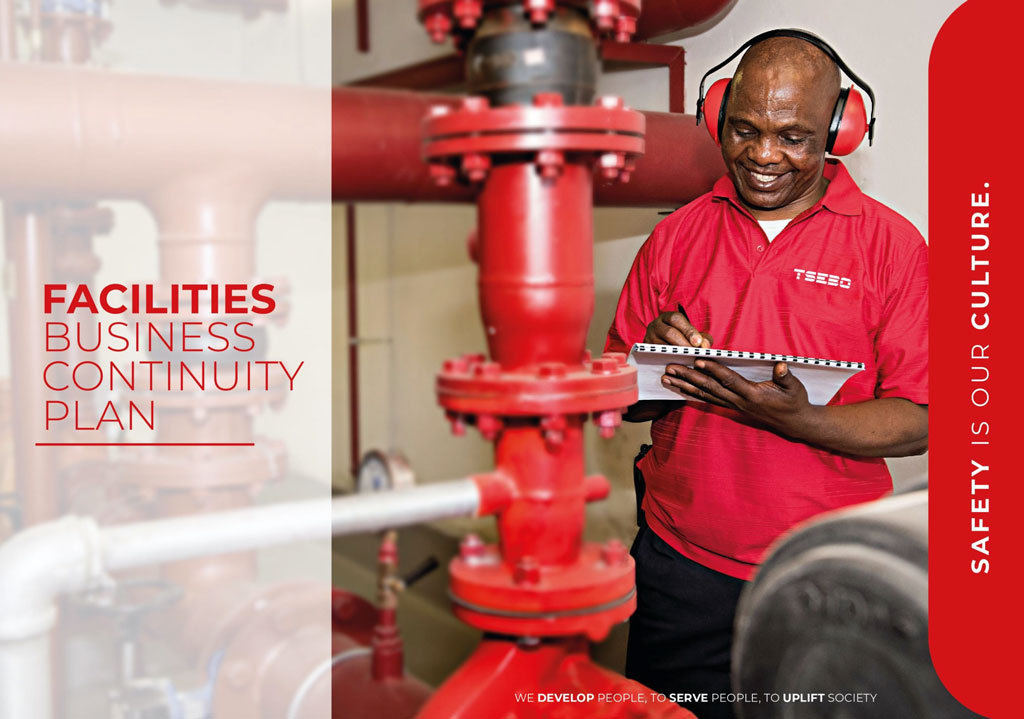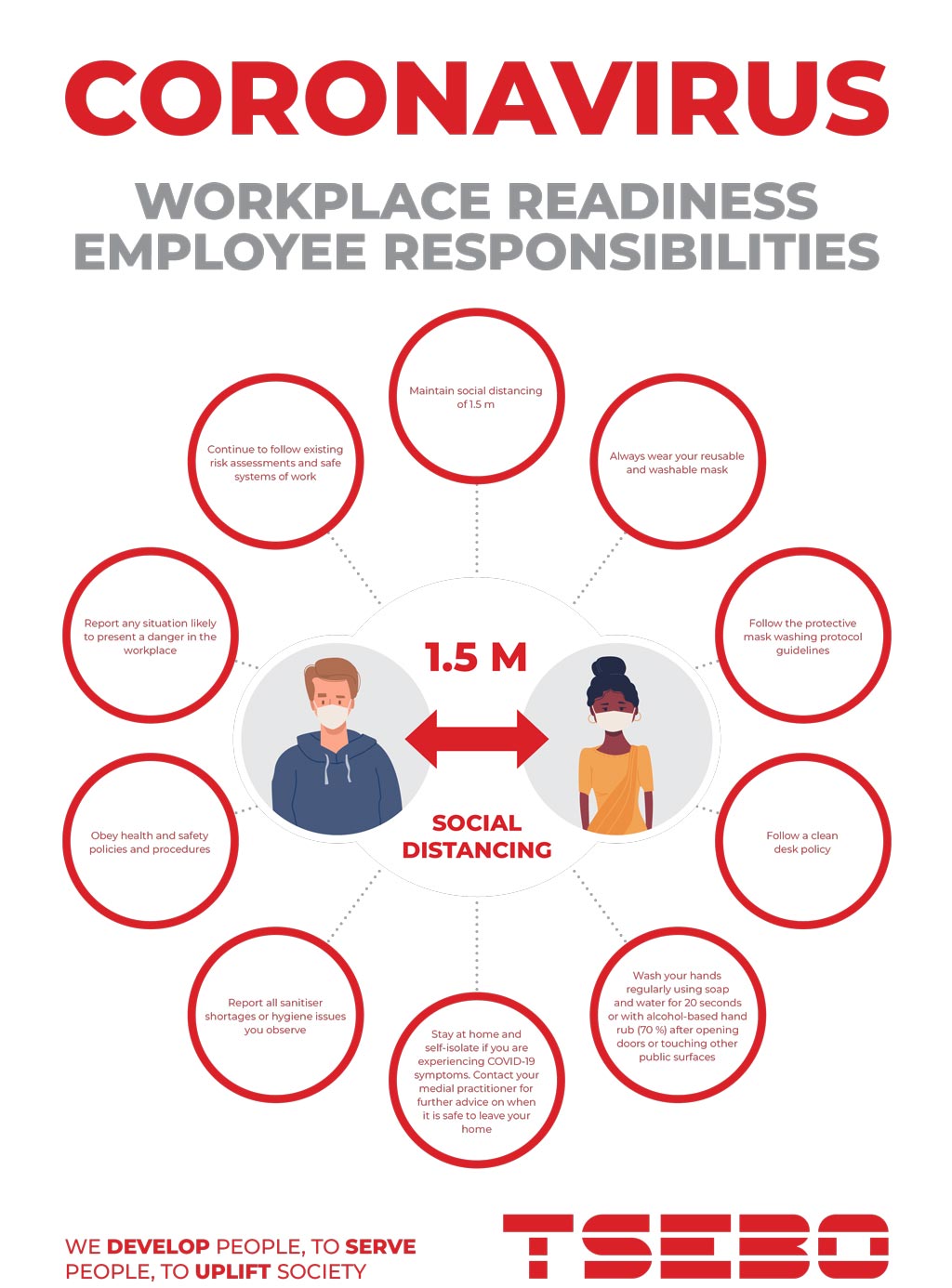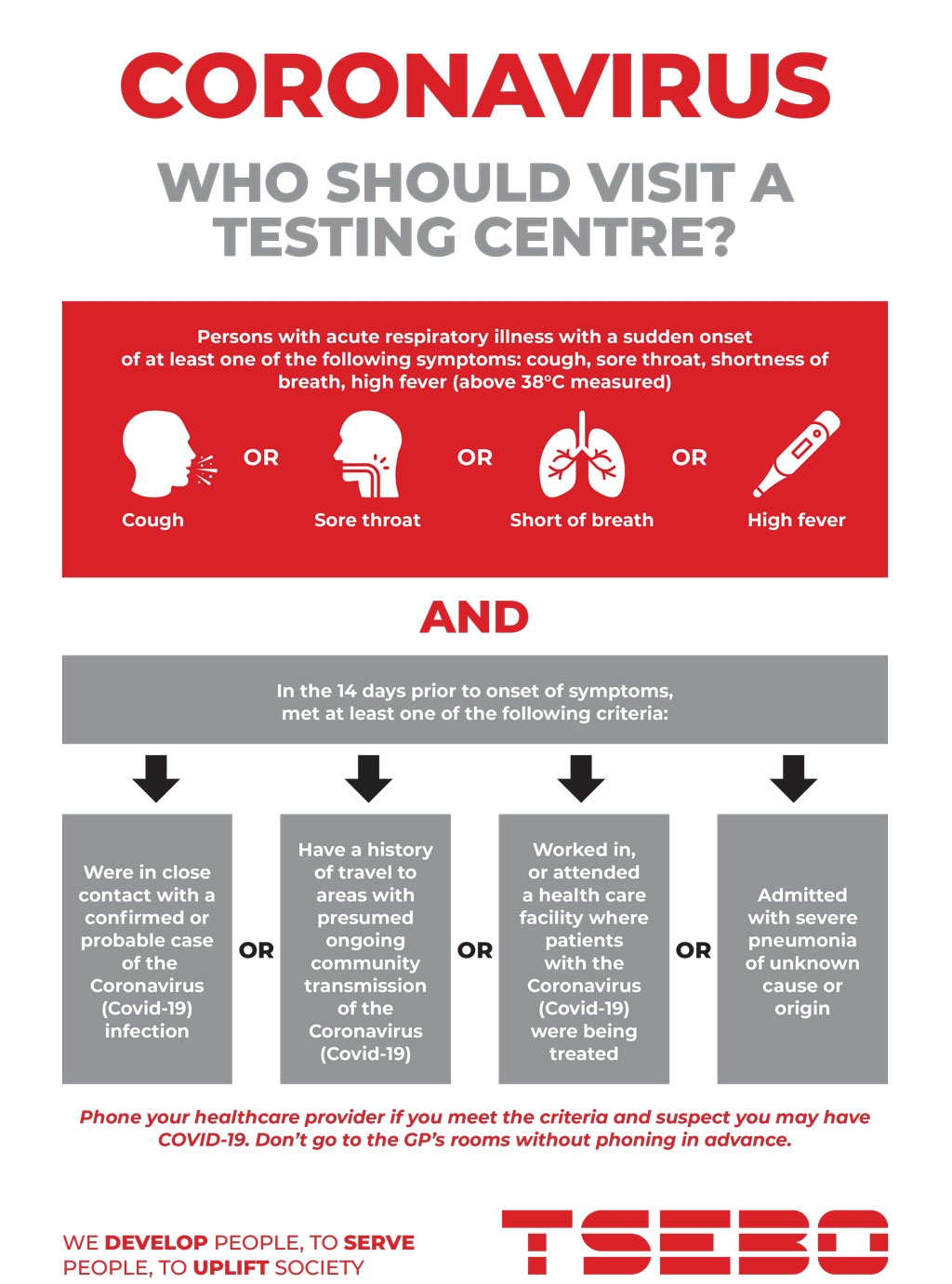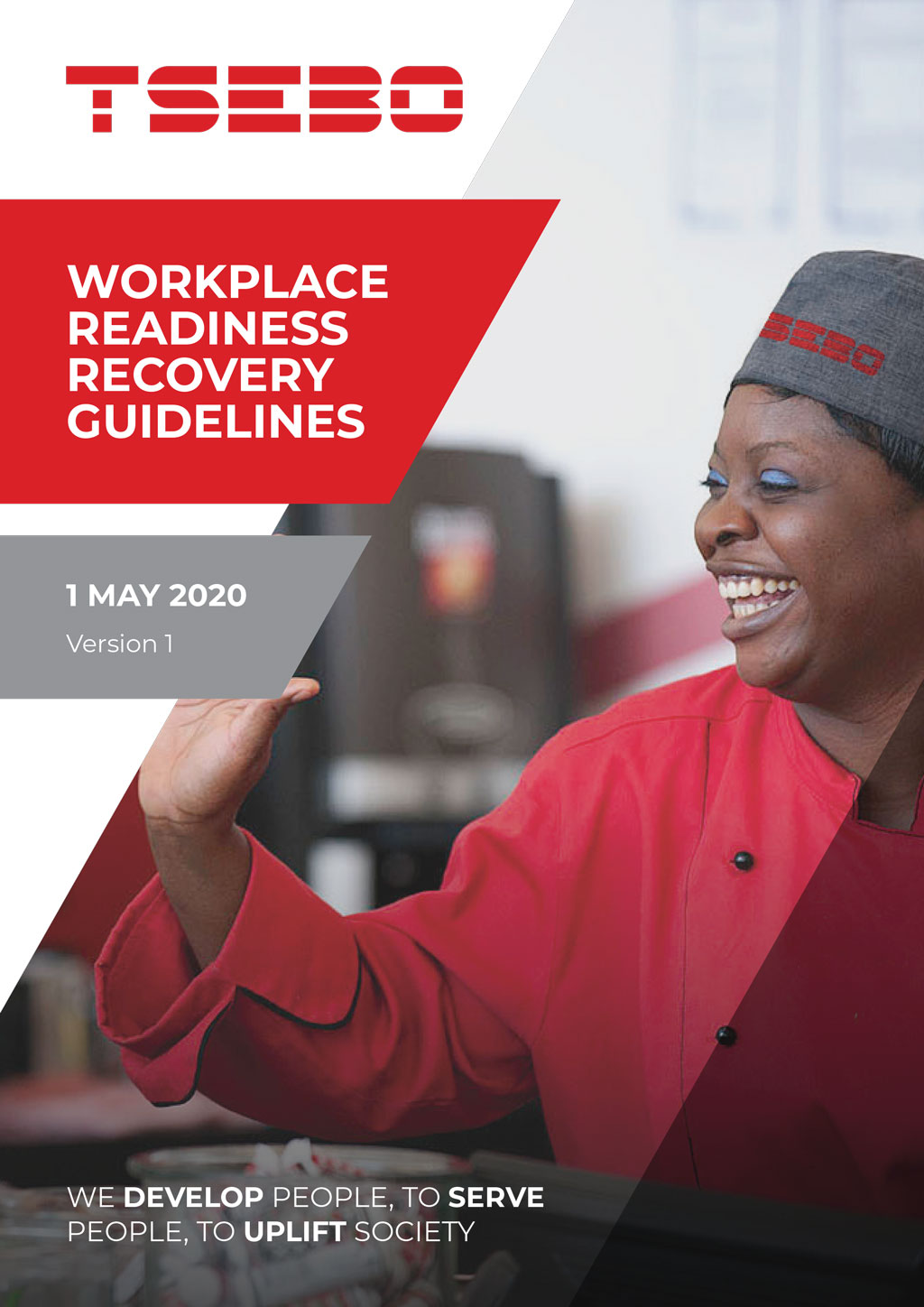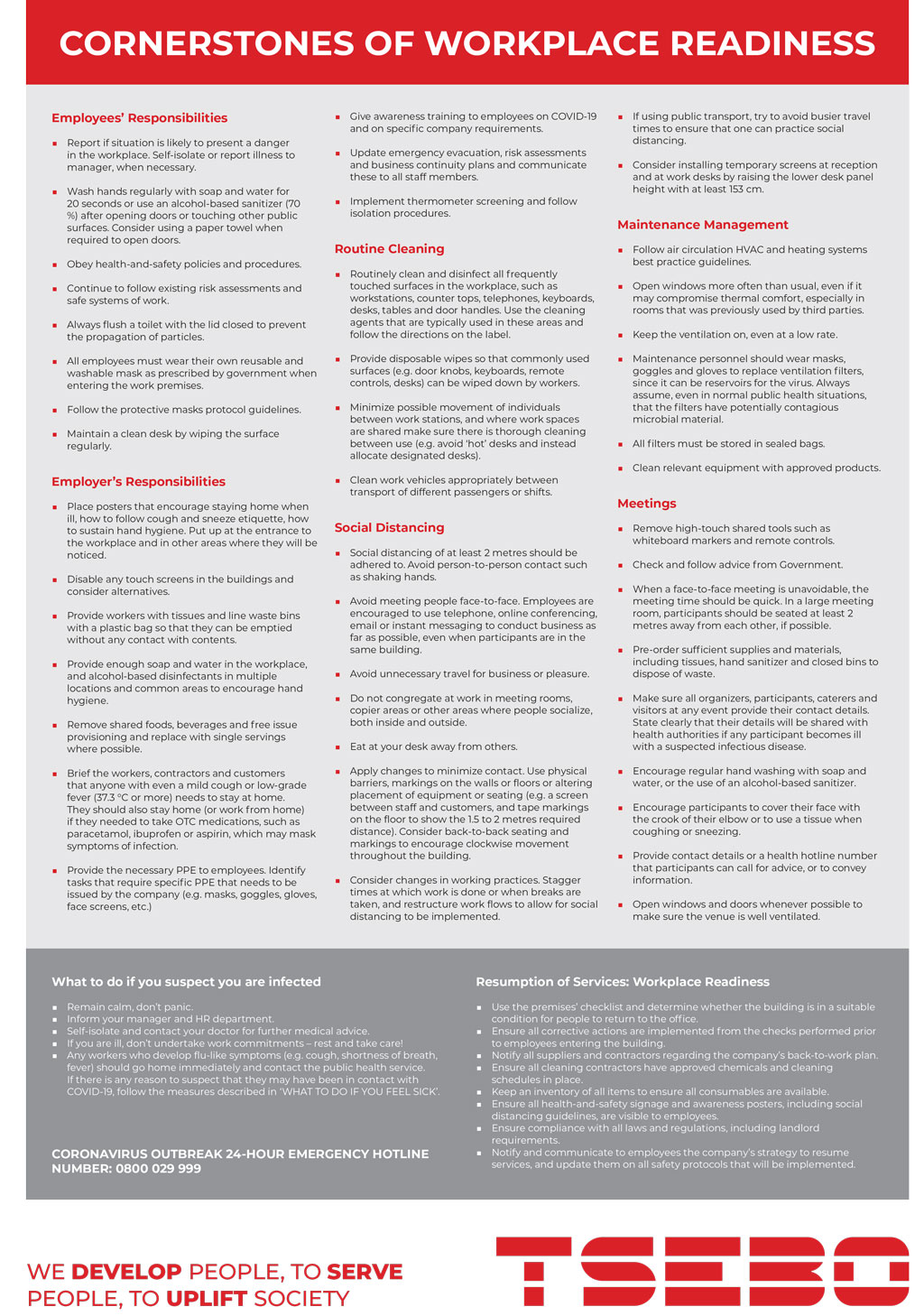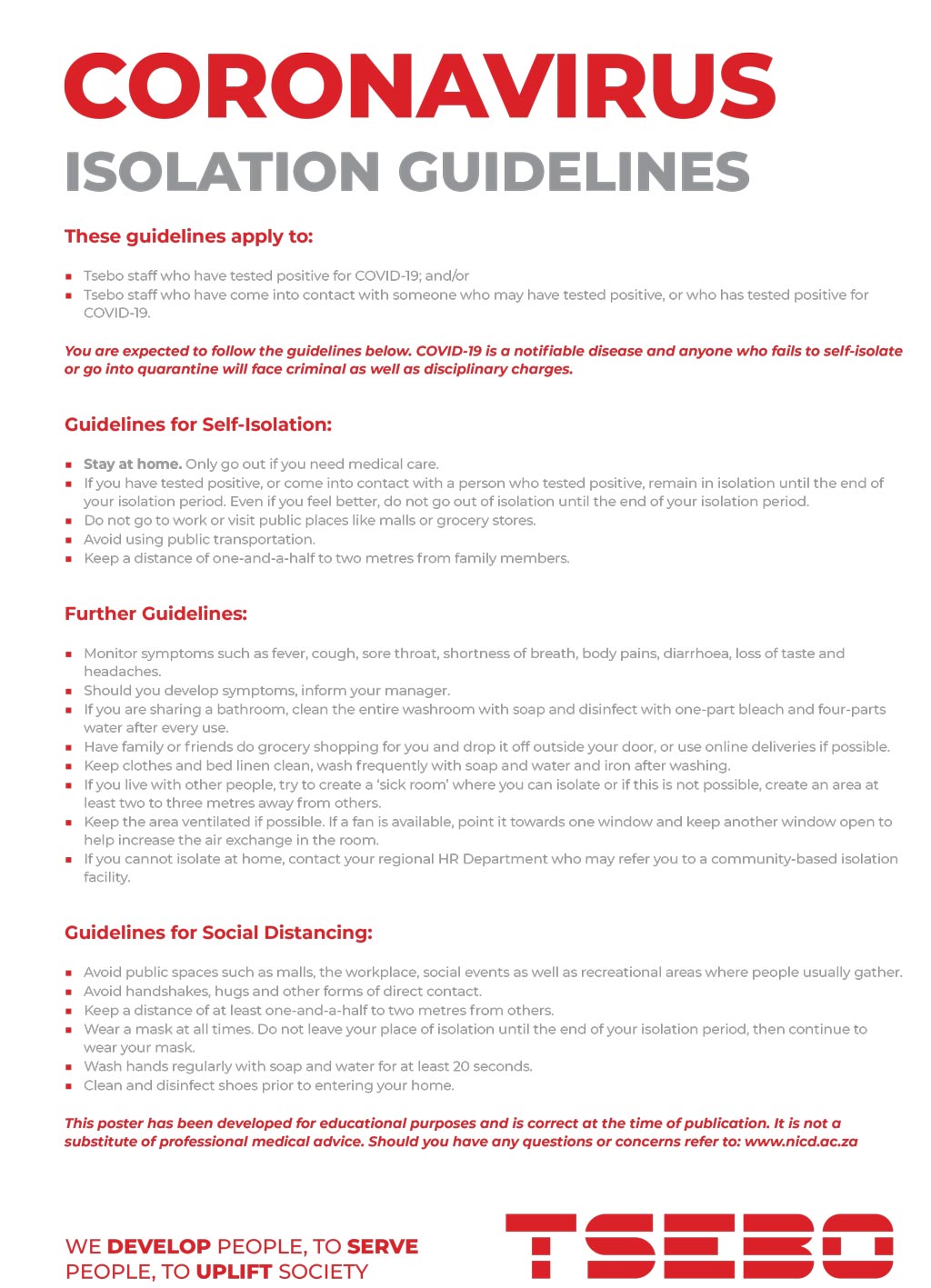Delegates to the massive Conference of the Parties of the UN Framework Convention on Climate Change (COP17) in Durban are going to learn all about rooftop farming – and they will not have too far too travel either.
Just across the road from the International Convention Centre, where the global conference is being held, there are cabbages, onions and spinach growing next to the taxi rank in Monty Naicker (Pine) Street.
Delegates, who are due to descend on Durban in their thousands at the weekend, will get to see how to grow food even though there might not be enough space. Even a wall can lend itself to growing tomatoes and granadillas.
An urban farm, which has taken only a few months to develop, is on the roof of the “Priority Zone” building – a former warehouse – at 77 Monty Naicker Street, where a pilot project has been running for three years.
The project has turned a “scary slum into a clean, safe place”, said Wendy Taylor, the facility manager.
The project is a private-public partnership between the city and Drake & Scull, facility managers, which has focused on 17 streets in the heart of Durban.
And with 1 300m2 of roof going to waste, Taylor, who is passionate about gardening, decided to turn her attention to how best to use the space, adding another dimension to the vision of what could be done in an inner city.
The COP17 delegates will be able to see for themselves what she has done, just as local taxi operators, traders and cardboard recyclers have also been shown how they can grow food for their families.
Rural schoolchildren, particularly those studying geography, are also going to be shown around the rooftop farm.
COP17 delegates can pop across the road to the Priority Zone, where one of the conference side events – an architectural exhibition – will be held.
And while they are there, they can visit the roof and see how Taylor has fashioned the farm, using old pallets found in the area.
Old tyres and cut-up drums have been recycled to house an assortment of vegetables, and water is being harnessed from the roof and redirected to the vegetable tunnels housing onions and spinach.
“Old tyres are great as they collect water and there is always moisture for the vegetables. The heat generated from the tyres creates a hothouse effect and the vegetables are bigger and grow quicker,” said Taylor.
“Potatoes need depth and all people have to do is to stack several tyres on top of each other. You can get a crop of potatoes in six weeks.”
The rooftop farm is now attracting bees, butterflies and birds.
“We had our first crops in four weeks and are now in our second rotation of planting,” said Taylor.
The vegetables go to a local shelter and the Durban Children’s Home and six women also get some to sell to earn an income.
“We are also going to do fish farming,” she said.
Taylor hopes the garden will inspire local companies to do the same on their buildings.
“It will minimise their carbon footprint, they will use less electricity to run their air-conditioning system,” she said.
Solar panels on her rooftop farm also generate electricity for the Priority Zone’s computer system.
The media visited the farm on Friday, where a mural has gone up on the wall.
The farm idea has also been extended to the street where cabbages, spring onions and spinach line the road next to the nearby taxi rank.
Marigolds not only add a splash of colour, but keep the pests at bay.
Derek White, who heads the Priority Zone project, praised Taylor for taking her passion and skills to another level.
“And the butter lettuce is the best you will ever taste,” he raved. – Daily News



